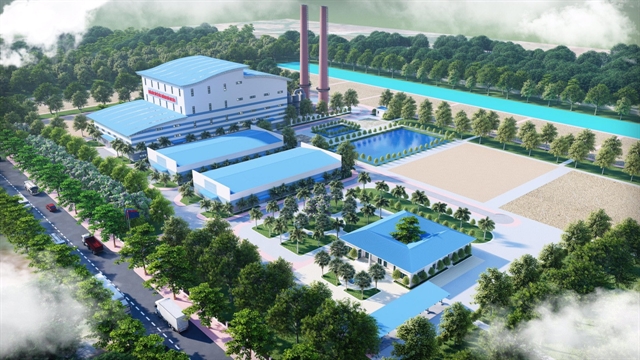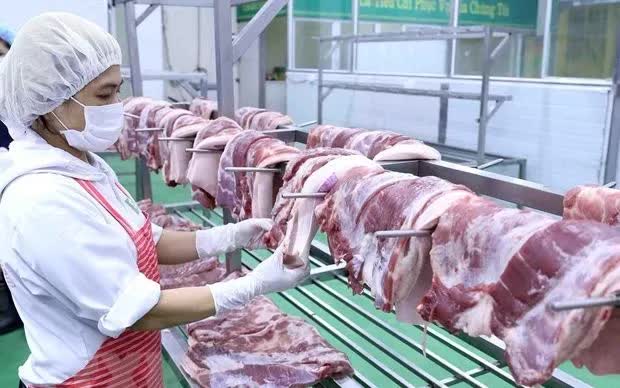 Environment
Environment

The central province of Phú Yên plans to build the first garbage incineration project in the third quarter this year with an investment of VNĐ263 billion (US$11.4 million) and a capacity of 240 tonnes per day.

|
| A plan of the garbage incineration project introduced in Phú Yên Province. The central province plans to build the waste treatment plant in Tuy Hòa city. Photo courtesy Nguyễn Đình Trong |
PHÚ YÊN — The central province of Phú Yên plans to build the first garbage incineration project in the third quarter this year with an investment of VNĐ263 billion (US$11.4 million) and a capacity of 240 tonnes per day.
Chairman of T-Tech Việt Nam Group, the project investor, Nguyễn Đình Trọng confirmed the plan to Việt Nam News, stating that the project will use made-in-Việt Nam incineration technology to process 45 per cent of total 524 tonnes of waste in the province each day in the first phase.
He said the project will help recycle metal and plastic waste on site, and provide material for unbaked bricks and concrete blocks for construction projects in the province.
“It’s the first made-in-Việt Nam incineration technology that we have been developing and researching over the past decades. We have built and operated 22 waste incineration projects in Việt Nam, and some projects were exported to Cambodia and ASEAN,” Trọng said.
“We plan to double the capacity for the project in Phú Yên in the second phase, while investing in a waste-to-power project at the site to supply 40 million kilowatts per hour per year for the national grid,” he said.
Trọng said 85 per cent of daily waste was collected in the province, but waste classification at source has not yet been developed in the province.
He said the project would process 80 per cent of the provincial daily waste in the second phase of investment.
The province is central Việt Nam’s second-strongest in developing public solar power projects, after Đà Nẵng.
The province launched a solar-powered watering system for log farms in Sơn Hòa District and a roof-top solar power lighting system, and a 30MW (Megawatts) biomass power plant since 2017.
Central provinces have been facing a waste challenge for years due to delayed development of waste treatment projects and poor garbage classification.
Incineration, gasification and refuse-derived fuel technologies would be sustainable solutions in waste treatment for the region, according to the Ministry of Natural Resources and Environment.
It said 65 solid waste incinerators were planned in 30 provinces and cities which could generate nearly 1,300MW by 2035. — VNS




